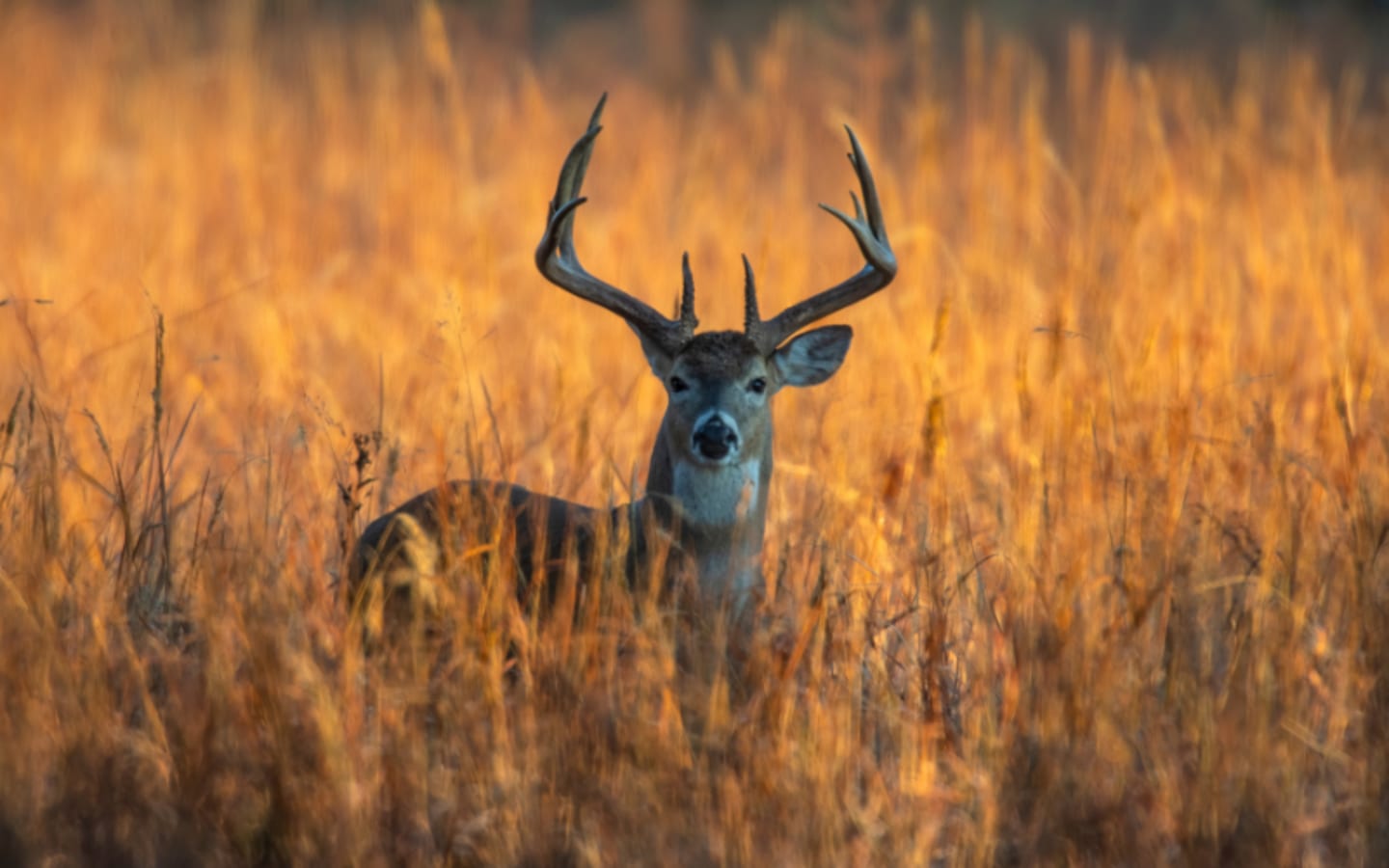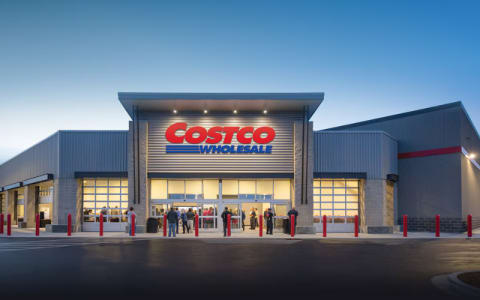In Wyoming, a heated debate is brewing over a proposal that could change the way hunting tags are handled, stirring up strong feelings among hunters, landowners, and wildlife advocates. The idea, which was brought back to life during a legislative committee meeting in 2025, would allow landowners with large properties to sell their hunting tags on the open market. This isn’t the first time the concept has been floated, but after being rejected earlier in the year, it’s gaining traction again, and it’s got people talking about what it means for the future of hunting and wildlife in the state.
The proposal came from Dave True, a Casper resident, who pitched it to the Wyoming Legislature’s Travel, Recreation, Wildlife and Cultural Resources Committee. His idea is straightforward: landowners who own at least 2,000 acres of deeded property should be able to sell their hunting tags for elk, deer, and pronghorn to the highest bidder. Right now, these tags are a special perk for qualifying landowners. They can apply for them each year and use them for hunting in specific areas, or they can pass them along to immediate family members as gifts. But selling them or giving them to anyone outside the family? That’s off-limits.
True’s argument hinges on fairness. Landowners, he says, play a huge role in supporting Wyoming’s wildlife. Their properties provide food, water, and habitat for animals like elk and deer, which roam freely across private and public lands. Managing that land isn’t cheap—fences get broken, crops get eaten, and water sources need maintaining. Letting landowners sell their tags could be a way to offset those costs. And it’s not like high-dollar tag sales are unheard of in Wyoming. Every year, special governors’ and commissioners’ tags are auctioned off, often raking in $20,000 or more per tag. True and his supporters point out that landowner tags could fetch similar prices if sold openly, putting money back into the pockets of those who help keep Wyoming’s wildlife thriving.
But not everyone’s on board. Critics argue that letting landowners sell their tags would turn Wyoming’s wildlife into a commodity, something to be bought and sold to the highest bidder. This, they say, goes against the North American model of wildlife management, which treats wildlife as a public resource, not a private asset. Under this model, animals like elk and pronghorn belong to everyone, and access to hunting should be fair, not determined by who can pay the most. Opponents worry that selling landowner tags would create a system where only the wealthy could afford to hunt, pricing out regular folks who rely on public access to hunt areas.
The debate got heated during the 2025 legislative session when a similar bill was introduced but ultimately shot down. Critics at the time said it would erode the state’s tradition of keeping wildlife accessible to all. They pointed to the governors’ and commissioners’ tags as a different beast—those auctions raise money that often goes back to the Wyoming Game and Fish Department or local charities, benefiting the community as a whole. A landowner selling a tag, on the other hand, would pocket the cash directly, which some see as unfair.
During the recent committee meeting, True tried to address these concerns by suggesting some ground rules. For one, landowners who want to sell their tags would need to allow at least some public access to their property for hunters and anglers. This could help balance the scales, giving regular hunters a shot at accessing private land while still letting landowners profit. But even with these conditions, the proposal has its skeptics.
One exchange during the committee hearing captured the heart of the debate. Rep. Robert Wharff, a legislator from Evanston, questioned why people are fine with governors’ tags selling for big bucks but get uneasy about landowner tags doing the same. He pressed Brian Baker, a representative from the Wyoming Game Wardens Association, on whether landowners deserve compensation for the role they play in feeding and sustaining wildlife. Baker didn’t deny that landowners are vital to Wyoming’s wildlife success, but he drew a hard line against letting them profit from tag sales. “It’s not the Wyoming way,” he said, arguing that selling licenses to the highest bidder and funneling the money to private individuals just doesn’t sit right with the state’s values.
Wharff pushed back, emphasizing that landowners bear real costs to support wildlife. When deer eat their hay or elk trample their fields, it’s the landowner who foots the bill. For many, the idea of getting a financial boost from selling tags feels like a fair trade for the sacrifices they make. But Baker held firm, saying there are other ways to show appreciation for landowners without turning hunting into a pay-to-play system.
As the proposal heads toward the 2026 legislative session, it’s clear the issue isn’t black-and-white. On one side, landowners are asking for a system that recognizes their contributions and helps





